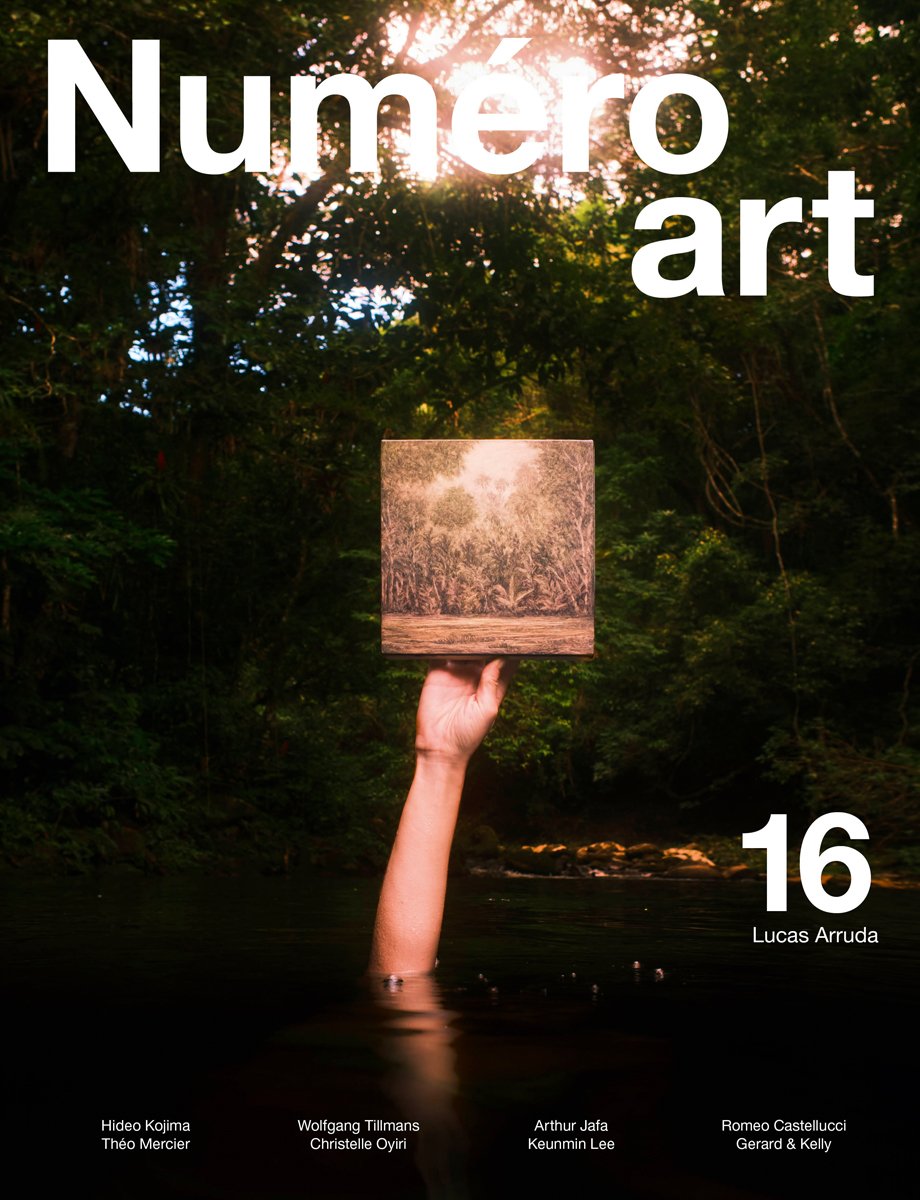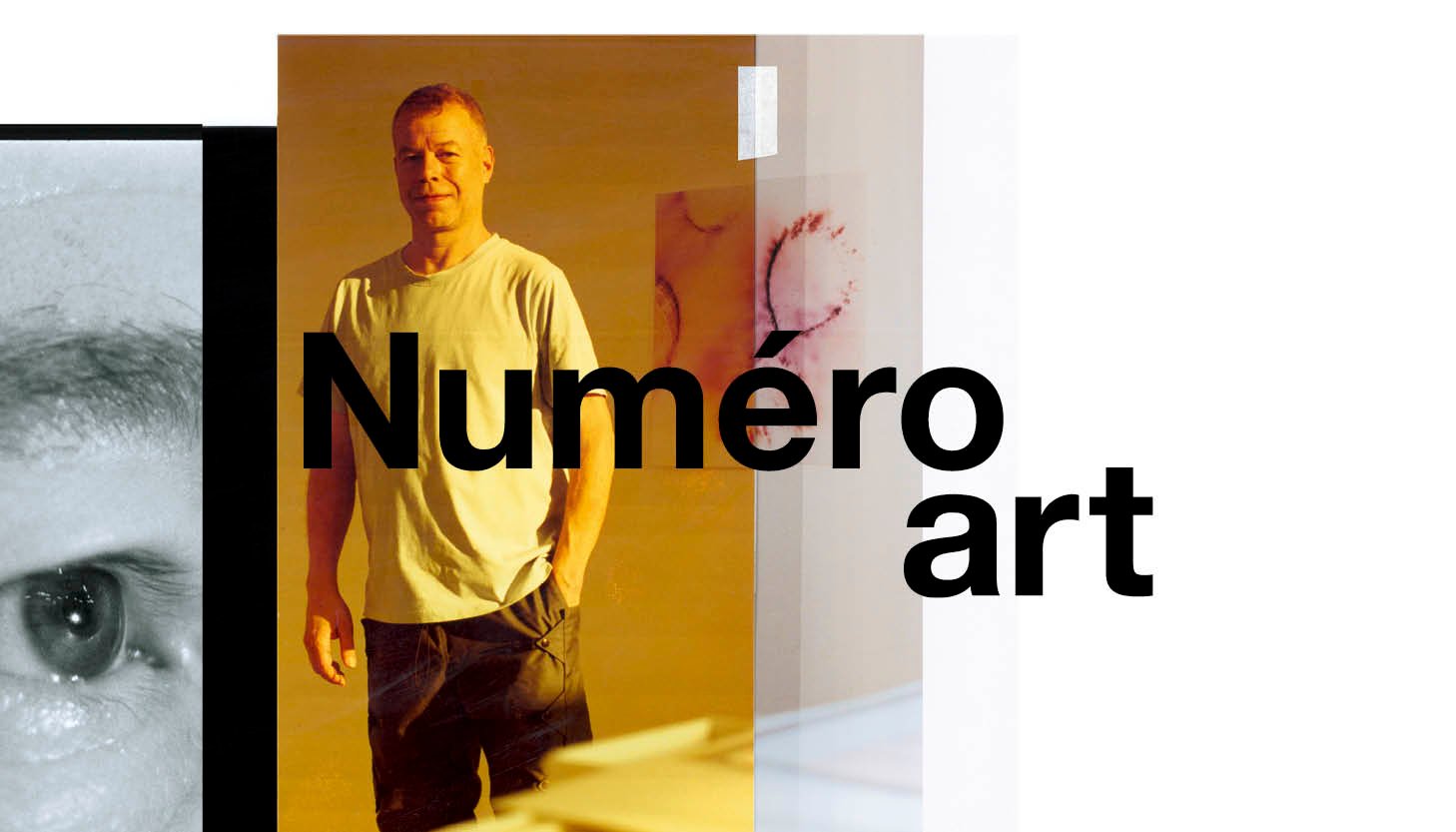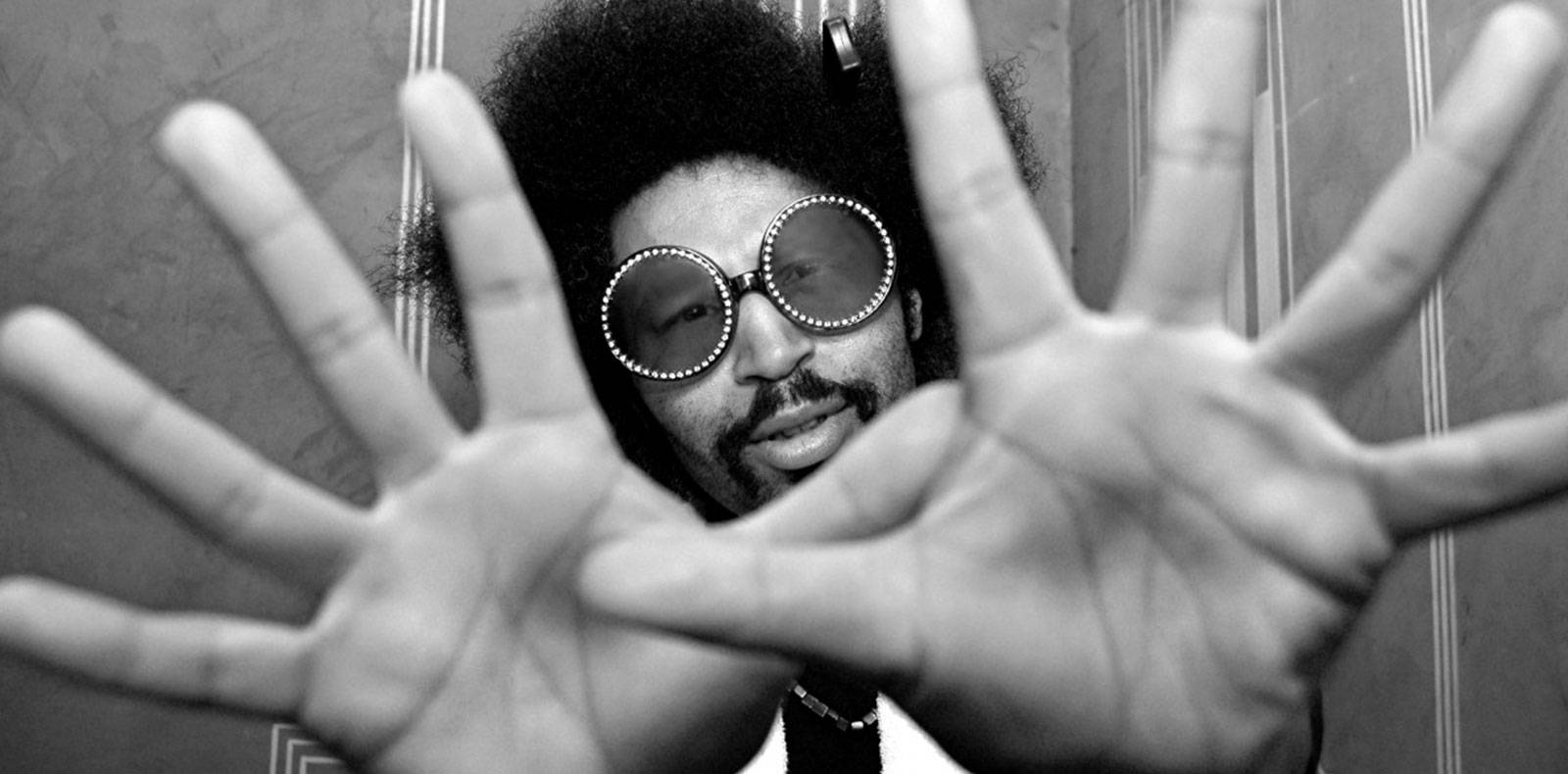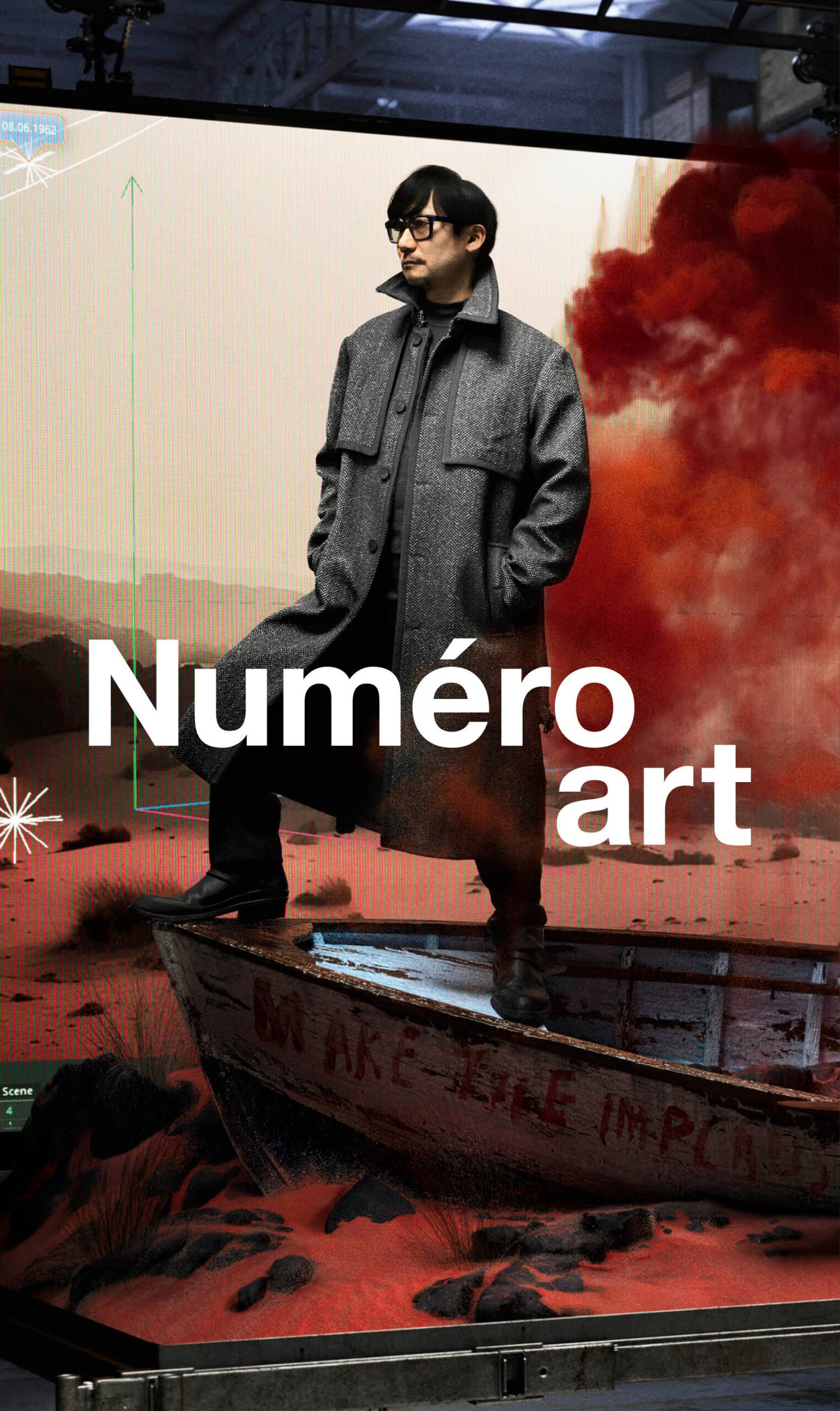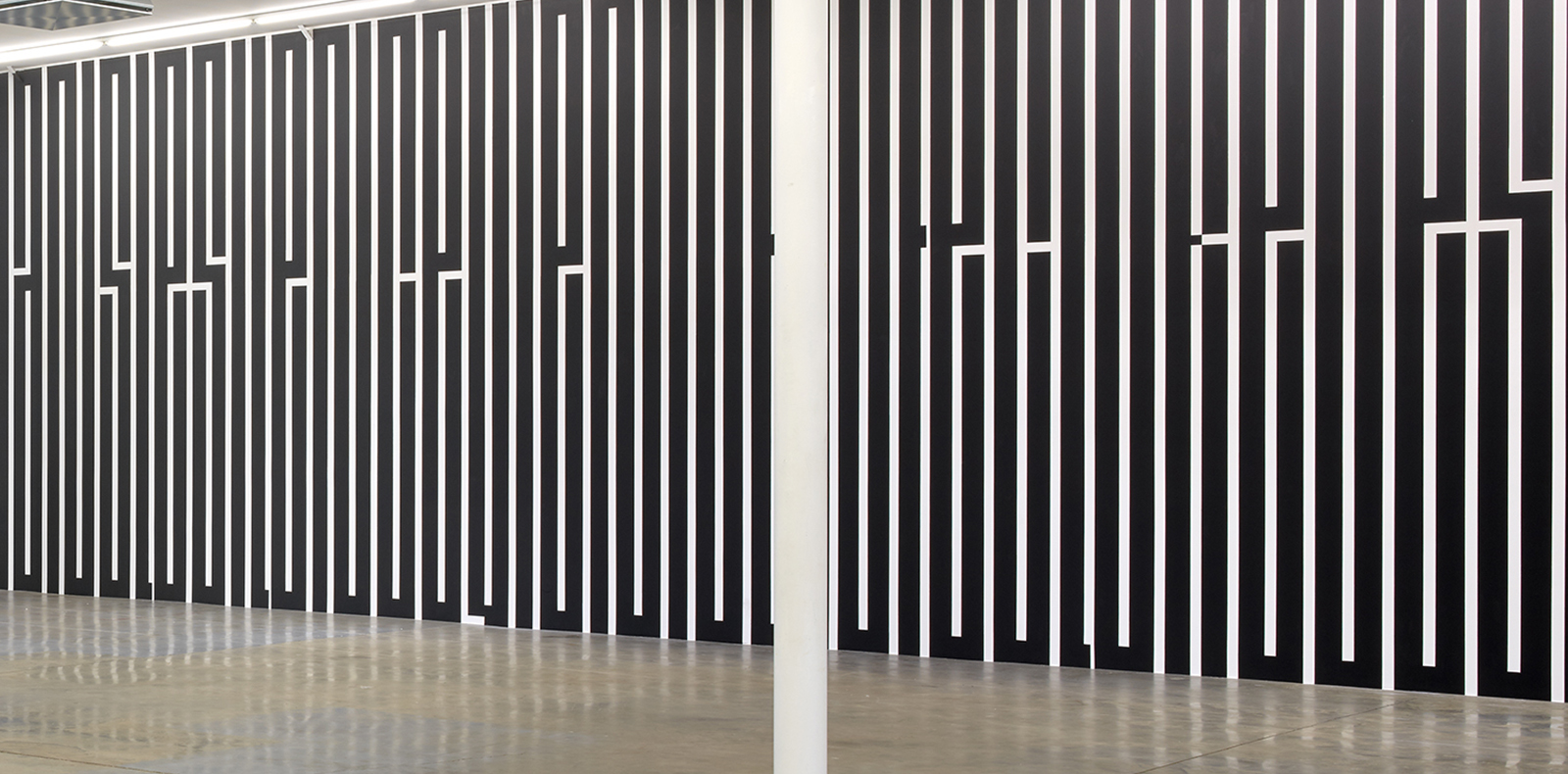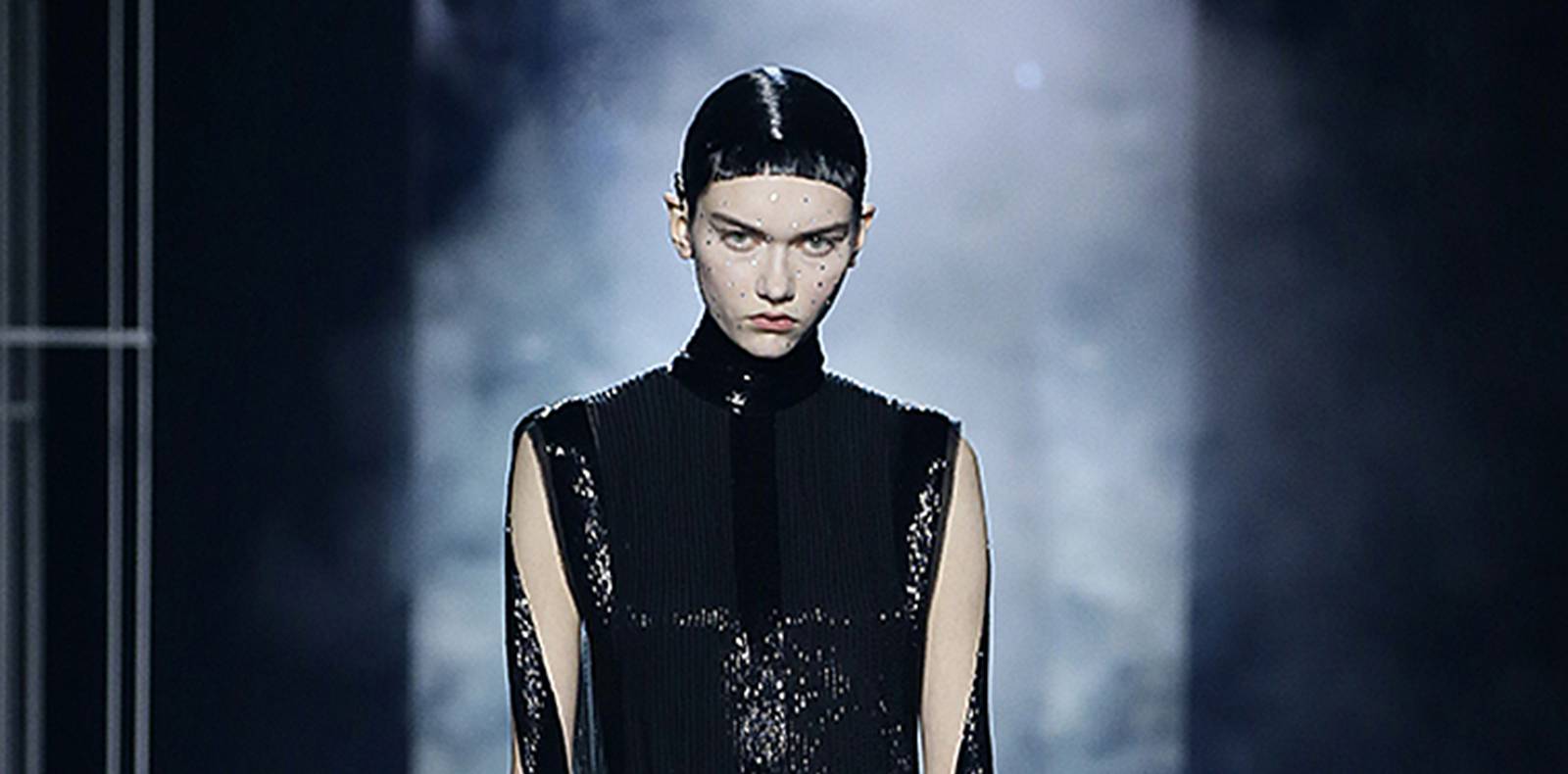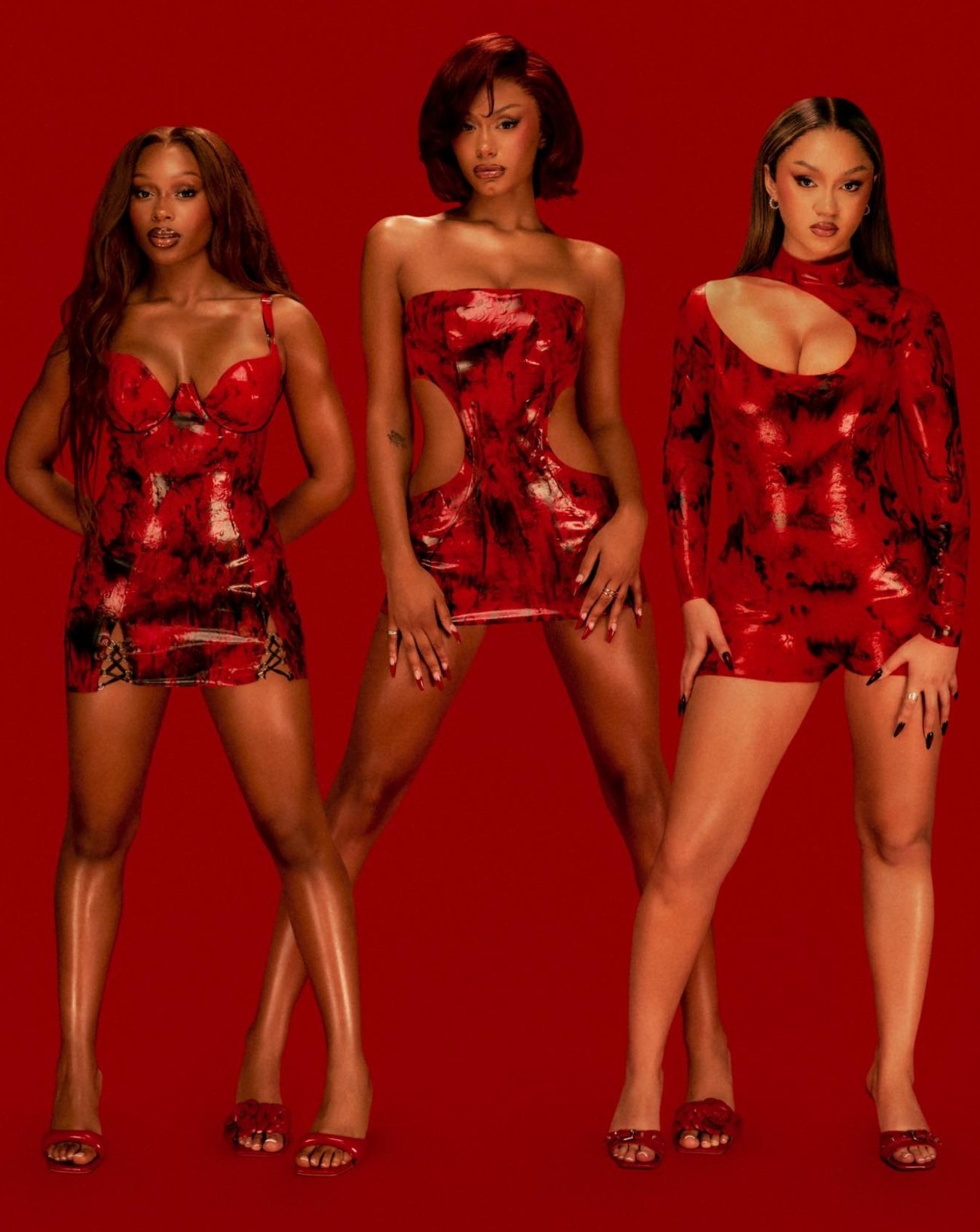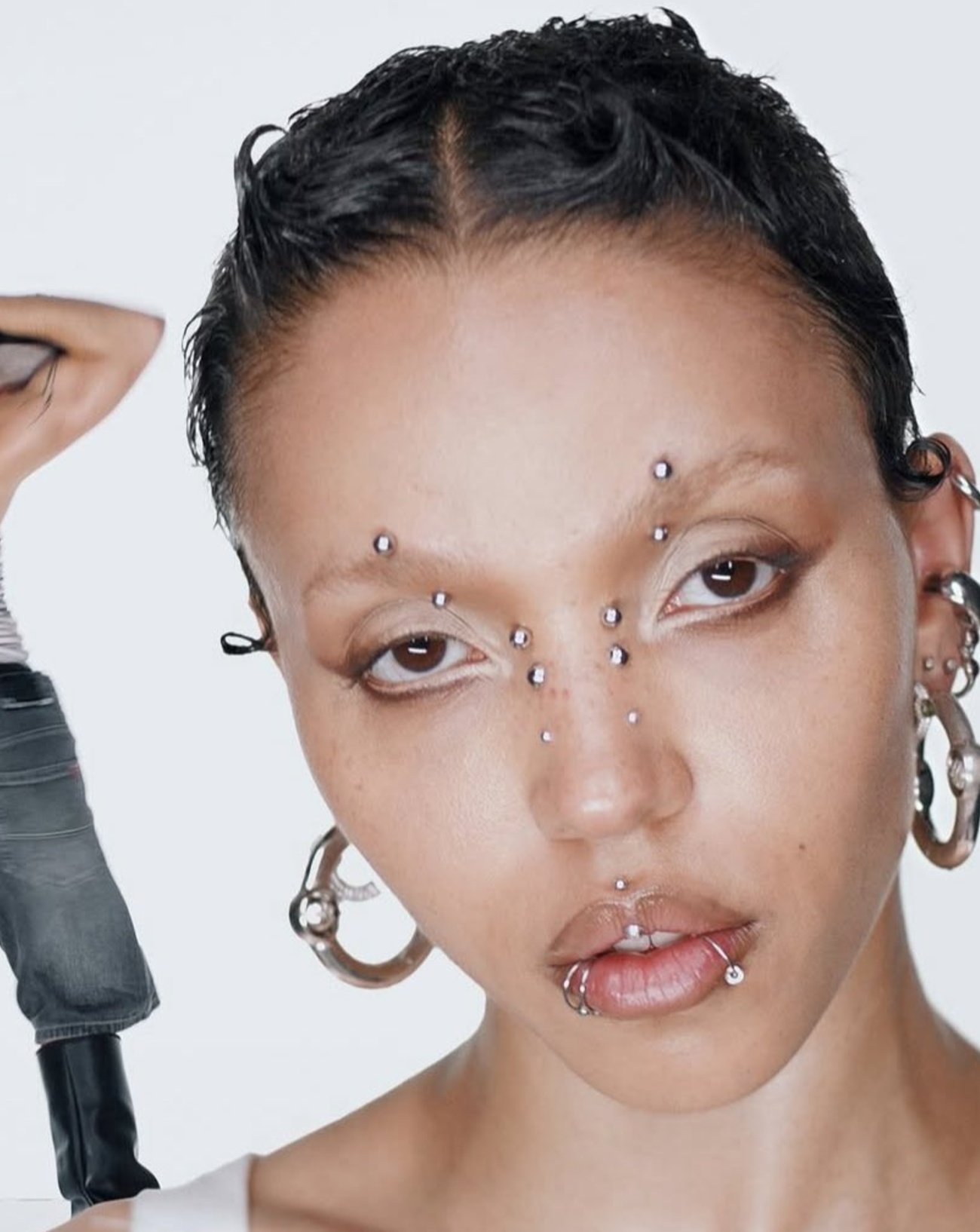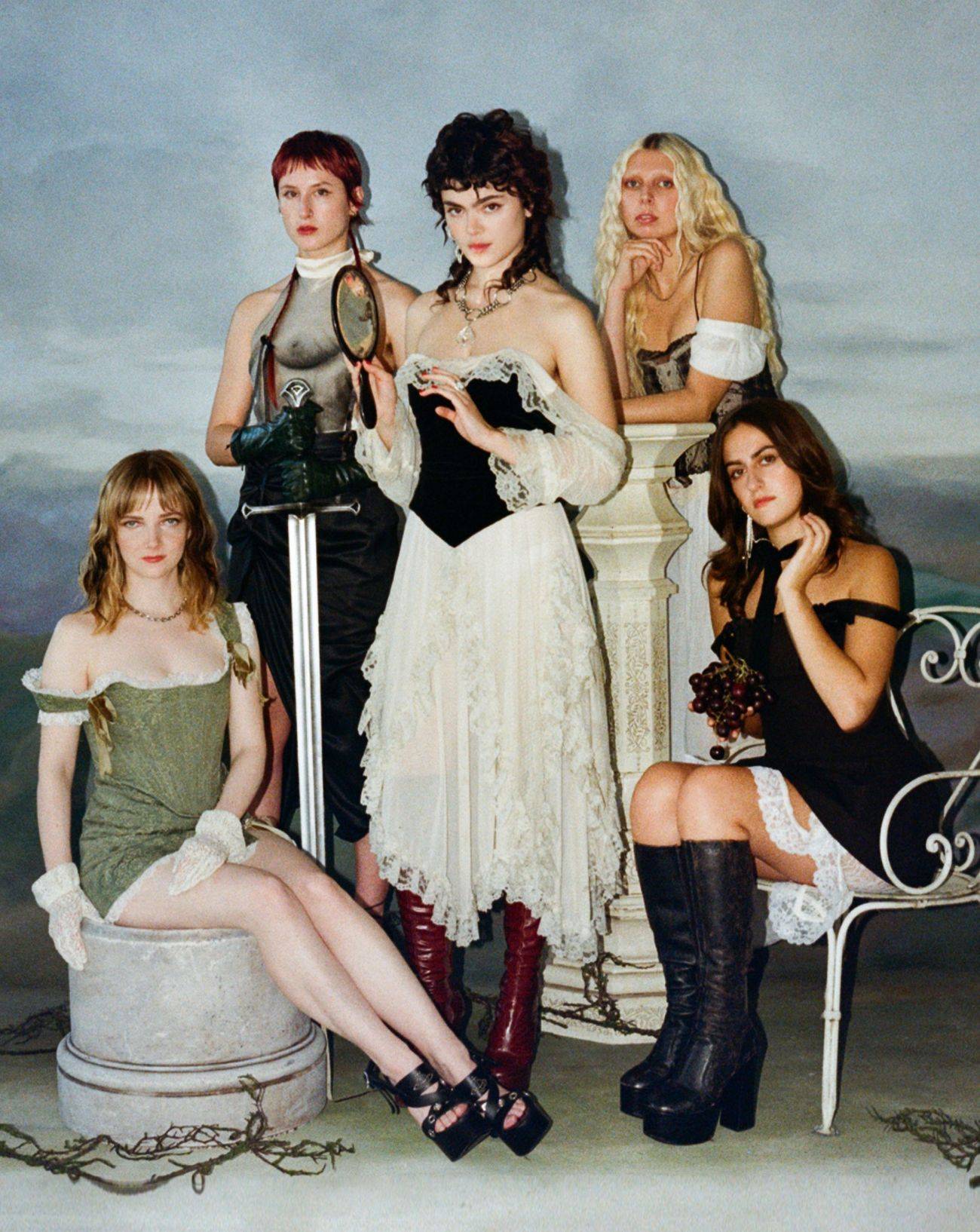Moodymann: urban myth or house music monster?
Pour beaucoup, Moodymann est un véritable génie de la house des années 90. Aussi perché que sexiste, ce mystérieux mélomane de Détroit distribue des shots de vodka à la foule en plein set puis disparaît, transformant son histoire en légende urbaine. Il se produira à Paris ce samedi 17 février au club FVTVR dans le XIIIe arrondissement de Paris.
Par Alexis Thibault,
By Alexis Thibault.
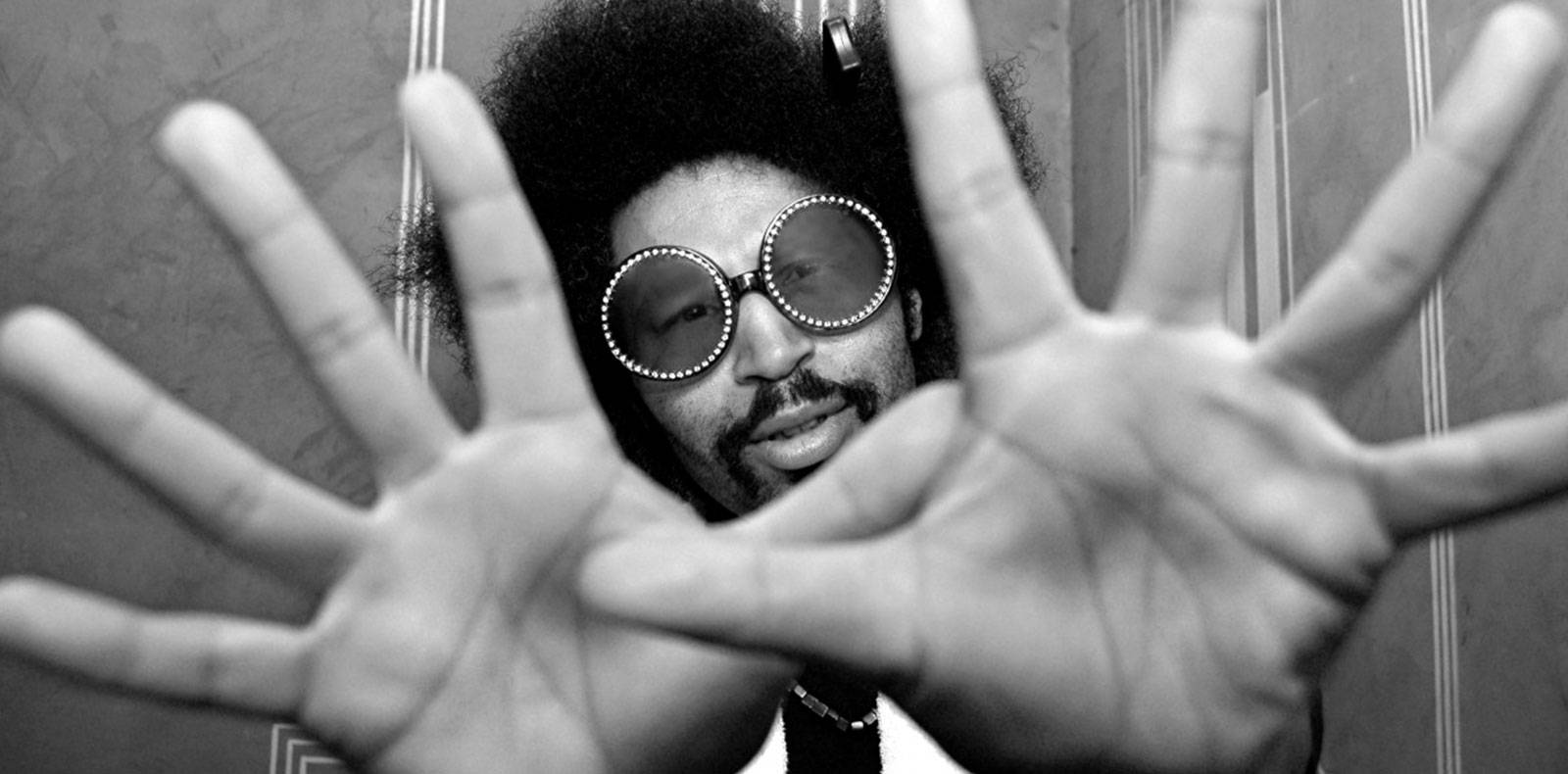
Moodymann, un mélomane indéchiffrable
Les tempes transpirantes, lunettes de hippie écarlates sur le nez, Kenny Dixon, Jr. confie son afro à une professionnelle du tressage. Sa nouvelle coupe ira parfaitement avec sa moustache en fer à cheval et son tee-shirt jaune moutarde discutable. Dans cette interview improbable de 2010, le musicien répond aux questions de la Red Bull Music Academy qui cherche à décrypter son alter ego infernal et mystérieux : Moodymann. “Certains types prennent un bain en rentrant du boulot. D’autres font l’amour à leur femme ou tondent leur pelouse. Moi, quand je rentre, je me déchaîne chaque putain de nuit sur mon putain de séquenceur” lâche-t-il avec nonchalance…
Challenger indolent des pionniers de la house, mélomane sexiste et barré, Moodymann a – comme Mike Banks ou Jeff Mills – éclairé la ville grisâtre de Détroit à coup de samples dès les années 90. Tantôt dans la pénombre, masqué par une cagoule en résille, tantôt en pleine lumière distribuant des shots de vodka aux clubbeurs, Moodymann reste ce champion de l’underground qui vomit la jet-set quand ça l’arrange. En juin 2019, il crachait tranquillement Sinner sur internet, un EP qui portait bien son nom : le musicien conservait son statut de monarque que le public absout à chaque fois. Un an plus tard, il dévoilait cette fois un album de dix titres : Taken Away.
Moodymann débarque à Paris avec Carl Craig et Kevin Saunderson
Ce samedi 17 février, Moodymann débarque à Paris, aux côtés de son ami Carl Craig, actuellement en résidence au club FVTVR, nouvel espace dédié aux musiques électroniques dont la programmation habile semble visiblement aussi mainstream que pointue. Certains médias désignent déjà ce club situé sous la Cité de la Mode et du Design dans le XIIIe arrondissement parisien comme un nouveau “temple de la techno et de la house”. Car théoriquement, c’est bien de house qu’il sera question avec Moodymann même s’il jouera ce soir-là en compagnie de Kevin Saunderson, autre pionnier de la techno de Détroit.
Moodymann a débarqué en 1994 avec “I like it” et “Emotional Content”, deux titres deep house mêlant des éléments de soul et de jazz dans une ambiance lounge. Le format vinyle d’origine, sorti sur son propre label KDJ, se vend plus de 300 euros aujourd’hui. Trois ans plus tard, le DJ dévoile un premier album, Silentintroduction (1997) puis un deuxième dans la foulée : Mahogany Brown (1998), considéré pour beaucoup comme son chef-d’œuvre. À l’époque, Moodymann n’a déjà que deux mots à la bouche : “groove” et “sexe”. Rien d’étonnant à ce que ce fan de Prince s’attaque au I Want Your Love de Chic ou au Desire de José James. À ce jour, on compte une douzaine d’albums (plus ou moins courts) signés Moodymann. Entre classique de soul et vieux samples de funk, la house érotique de ce génie sous-côté ne se destine pas à “la masse” mais à l’escadron de téméraires qui écoutent (véritablement) les murmures de sa voix caverneuse.
3. Drake, samples et club de jazz
En 2014, sur la jaquette de son album Moodymann, il apparaît, bouteille à la main, en créature ventripotente aux dents acérées. En bikini, les femmes afro-américaines qui l’enveloppent ne semblent voir en lui qu’un homme viril dont les “bitch” ont valeur d’éloges. Mais depuis, plus rien, sinon des “fuck dat shit” scandés sur le morceau Passionfruit de Drake en 2017.… S’il préfère les cagoules en résilles aux blouses blanches, Moodymann n’en reste pas moins un petit laborantin pour qui la science du climax n’a plus aucun secret. Dans ses tubes à essai multicolores, une mosaïque de samples triés sur le volet. Résolument deep house, son nouvel EP, Sinner, n’est pourtant pas vraiment fait pour gigoter. Entre néo-soul et souvenirs du jazz club de son grand-père, house caniculaire et délires psychédéliques, Moodymann part dans tous les sens mais connaît le chemin du retour par cœur.
Comme son mentor The Electrifying Mojo, DJ légendaire de Détroit, Moodymann cherche à devenir une simple voix dans la radio, une ombre dans la foule, une figure imaginaire.
Un véritable enfant de la Blaxploitation
Physiquement, Kenny Dixon, Jr. est un croisement entre Spike Lee et Andre 3000, la pile électrique d’Outkast. Comme le premier, il est depuis toujours un fervent défenseur de la culture “black” et partage avec le second un flegme à toute épreuve, surtout dans ses rares interviews marquées par des rafales de “motherfucker”. Dans ses veines coule la Blaxploitation, ce courant socioculturel qui a revalorisé l’image des Afro-Américains dans le cinéma des années 70, les hissant en héros. Biberonné au son de la Motown, Moodymann s’interdit l’ordinateur, ne quitte ni ses vinyles ni son MPC [Music Production Center], évoque Martin Luther King et célèbre Marvin Gaye [The Day We Lost The Soul / Tribute !, 1995 ]. Mais son mentor demeure The Electrifying Mojo, DJ légendaire de Détroit. Comme lui, il cherche à devenir une simple voix dans la radio, une ombre dans la foule, une figure imaginaire.
Janvier 2019. Exaspéré, Kenny Dixon, Jr. fixe les flics de Highland Park qui pointent leurs fusils d’assaut dans sa direction. Dans l’habitacle de son véhicule, il les braque à son tour, filmant l’intégralité de la scène avec son téléphone portable. On soupçonne l’Afro-américain de vouloir cambrioler une propriété… la sienne. Mais agiter les clés brutalement, pourrait lui valoir trois balles dans la tête. “Qu’on en finisse !” balance-t-il pourtant sur les réseaux sociaux lorsqu’il publie la vidéo. Réminiscence de l’ère “Black Lives Matter” – toujours en cours finalement – cette confrontation musclée avec les forces de l’ordre conforte certainement Kenny Dixon, Jr. dans sa volonté d’incarner un antihéros de Détroit qui reste dans l’ombre.
Carl Craig, Kevin Saunderson et Moodymann le samedi 17 février au club FVTVR.
34 Quai d’Austerlitz, 75013 Paris.
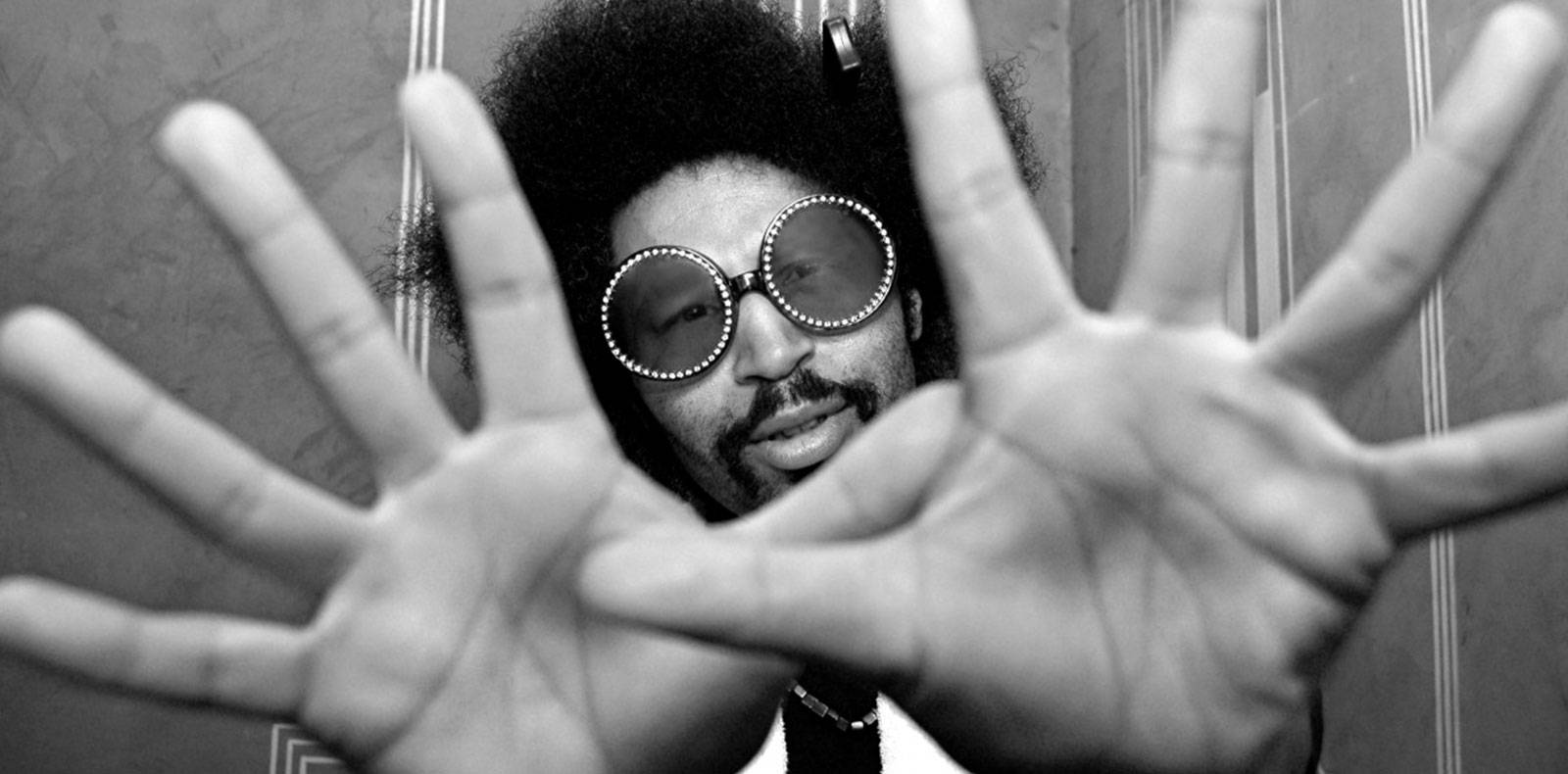
1. An indecipherable musician
Forehead sweating, scarlet hippie glasses perched on his nose, Kenny Dixon Jr. entrusts the braiding of his afro to a professional. His new cut will look perfect with his horseshoe moustache and his questionable mustard-hued t-shirt. In an improbable interview of 2010, the musician answered the Red Bull Music Academy’s questions as they tried to decipher his infernal and mysterious alter ago. Moodymann: “Some folks take a bath when they get home from work. Others make love to their wives or mow their lawns. When I get home, I go crazy every fucking night on my sequencer,” he casually states…
An indolent challenger to the pioneers of house, a sexist and totally out-there musician, Moodymann – just like Mike Banks and Jeff Mills – illuminated the grim city of Detroit with his sampling from the 90s onwards. Sometimes in the shadows, masked with a fishnet hoodie, other times under the spotlight handing out shots of vodka to clubbers, Moodymann remains the champion of an underground scene allergic to the jet-set when it suits him. His latest EP, Sinner, quietly released on the internet at the end of June, wears its name well: the musician conserves his status as a monarch absolved every time by his public.
The erotic house of this underworld genius is not aimed at the “masses” but a reckless squadron that listens (truly) to the murmurings of his cavernous voice.
2. A genius of 90s house music
He arrived on the scene in 1994 with “I like it” and “Emotional Content”, two deep house tracks that mix elements of soul and jazz in an ambiance that’s pure lounge. The original vinyl format, released on his own label KDJ, today sells for more than 300 euros. Three years later the DJ released his first album Silentintroduction (1997) and then a second in its wake: Mahogany Brown (1998), considered by many to be his masterpiece. At the time, Moodymann had only two words to say “groove” and “sex”. It was no surprise that this Prince fan seized the tracks I Want Your Love by Chic and Desire by José James. Today we can count 12 albums (of varying lengths) by Moodymann. Between soul classics and old funk samples, the erotic house of this underworld genius was never aimed at the “masses” but a reckless squadron that listens (truly) to the murmurings of his cavernous voice.
Resolutely deep house, his new EP Sinner, isn’t really made for dancing: Moodymann goes in all directions but knows the way home by heart.
3. Drake, samples and jazz clubs
In 2014, on the cover of his album Moodymann, he appears, bottle in hand, as a ventripotent creature with sharpened teeth. Dressed in bikinis, the tiny Afro-American women that surround him seem to appreciate him as a virile man, these ‘bitches’ are actually eulogising him. But since then, nothing apart from a “fuck dat shit” on Drake’s Passionfruit track of 2017… While he might prefer fishnet hoods over white lab coats , Moodymann remains a technician for whom the science of climax holds no secret. In his multicoloured videos it’s a mosaic of handpicked samples. Resolutely deep house, his new EP, Sinner, is not really made for dancing. Between neo-soul and memories of his grandfather’s jazz club, scorching hot house and psychedelic delirium, Moodymann goes in all directions but knows the way back home by heart.
Like his mentor The Electrifying Mojo, the legendary Detroit DJ, he seeks to become a simple voice on the radio, a shadow in the crowd, an imaginary figure.
4. A child of Blaxploitation
Physically Kenny Dixon, Jr. looks like a cross between Spike Lee and Andre 3000, the dynamo behind Outkast. Like the first he has long been a defender of black culture and shares with the second an unflappable nature, especially in his rare interviews marked with frequent bursts of motherfucker. His veins flow with Blaxploitation, that socio-cultural movement that elevated the image of Afro-Americans in 1970s movies, making them the heroes. Bottle-fed on Motown, Moodymann never uses a computer, always plays on vinyl and his MPC [Music Production Centre], evokes Martin Luther King and celebrates Marvin Gaye [The Day We Lost The Soul / Tribute !, 1995 ]. But his real mentor remains The Electrifying Mojo, the legendary Detroit DJ. Like him, he seeks to become a simple voice on the radio, a shadow in the crowd, an imaginary figure.
January 2019. An exasperated Kenny Dixon Jr. looks at the Highland Park cops who point their assault rifles in his direction. Sitting in his vehicle, he turns on them, filming the whole scene on his mobile phone. He’s under suspicion of having robbed a nearby house… his own. But shaking the keys too much could lead to a bullet in his head. “Let’s finish it!” he shouts on the social networks when he publishes the video. Echoing the Black Lives Matter era – still highly relevant now – this brush with the law certainly comforts Kenny Dixon Jr in his desire to embody a Detroit antihero who remains in the shadows.
Sinner de Moodymann.
